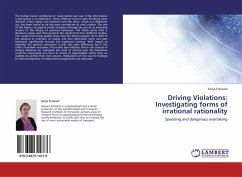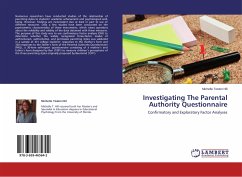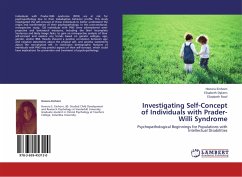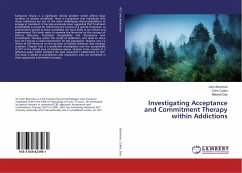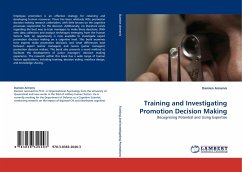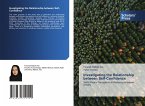The human factor contributes to road crashes but even if this information is interesting it is insufficient. Three different factors have therefore been defined: errors, lapses and violations and the latter, which is a deliberate act, has been found to be the main contributor to road crashes. The aim of this thesis is to explore traffic violations through the use of an extended version of the theory of planned behaviour. The thesis starts with a literature review and then presents the results from four different studies. The results from these studies show that the theory explains 33 to 53% of the variance in intention to violate and that descriptive norm and past behaviour significantly increase the explained variance. With regard to attitudes the general conclusion is that the main difference lay in the effect of positive outcomes. The results also indicates that in the context of driving violations an expressed low level of control over the behaviour could be interpreted as a form of denial of responsibility rather than an inability to control their own actions. Implications of the current findings for the development of intervention programmes are discussed.
Bitte wählen Sie Ihr Anliegen aus.
Rechnungen
Retourenschein anfordern
Bestellstatus
Storno

